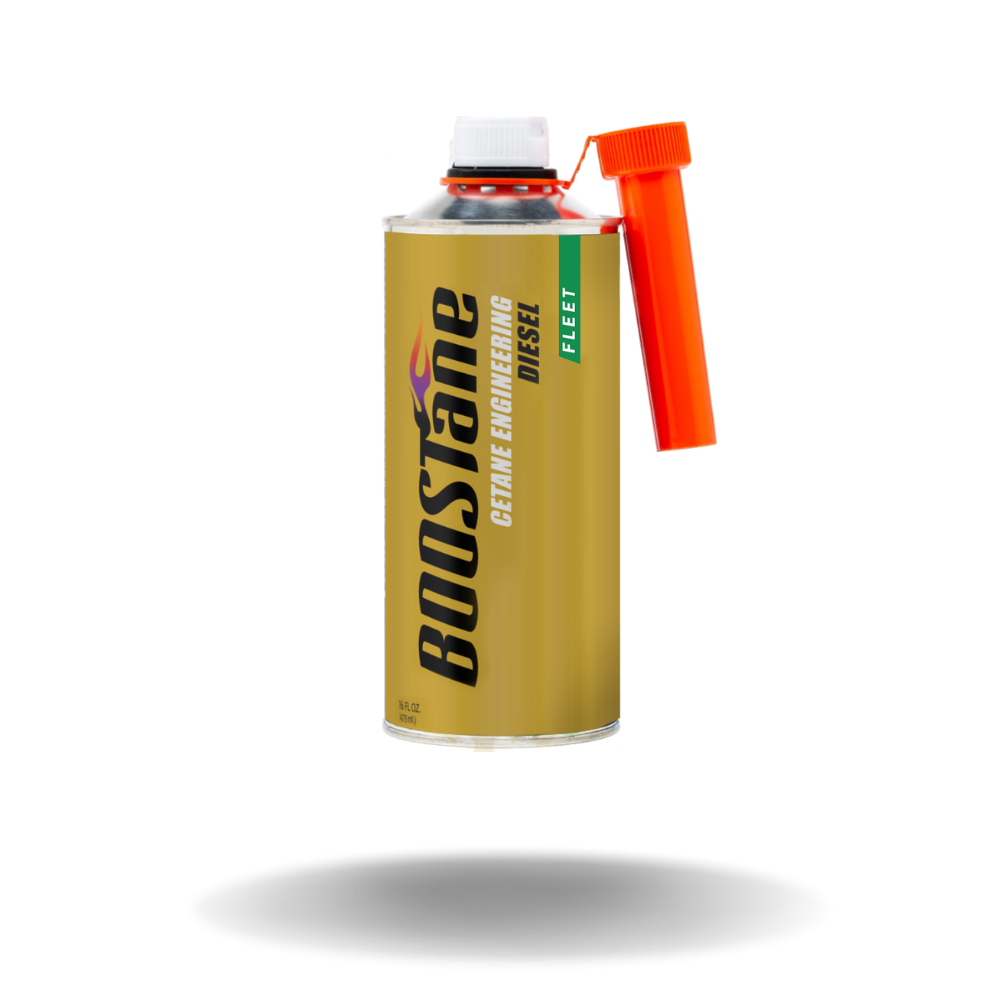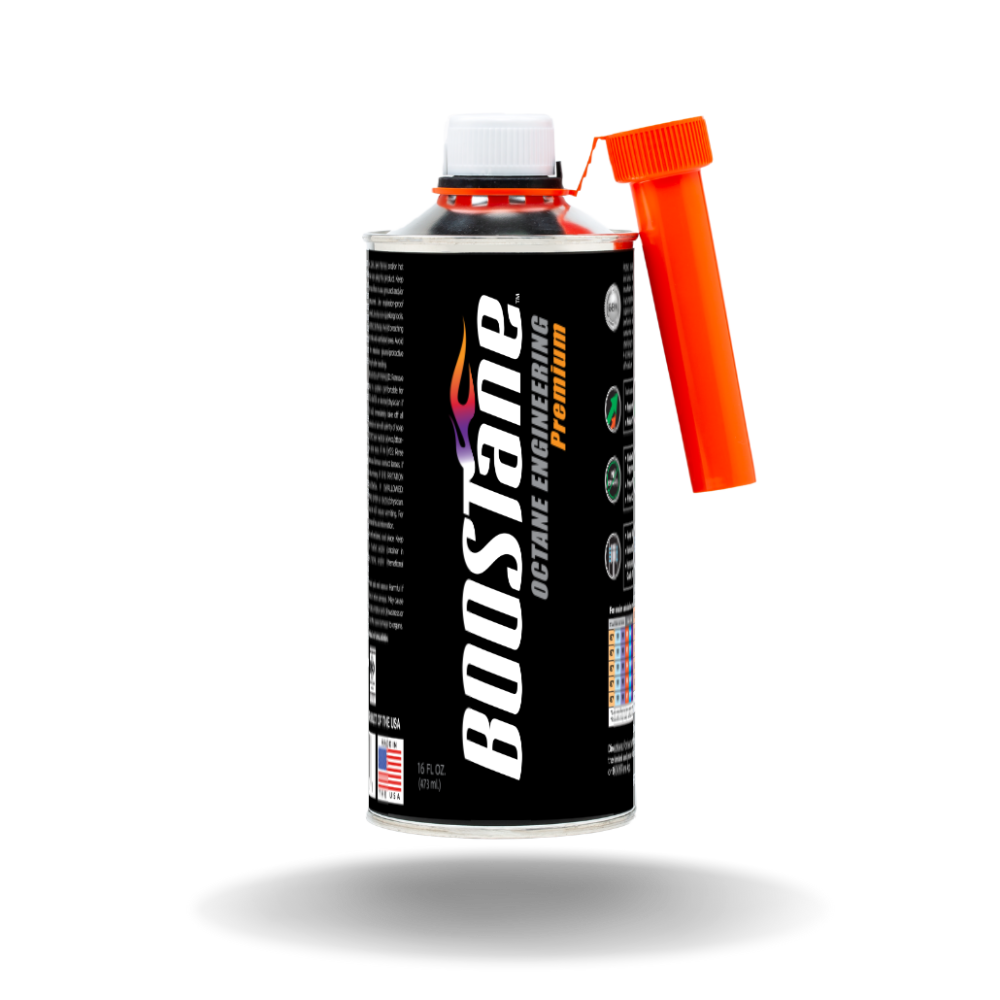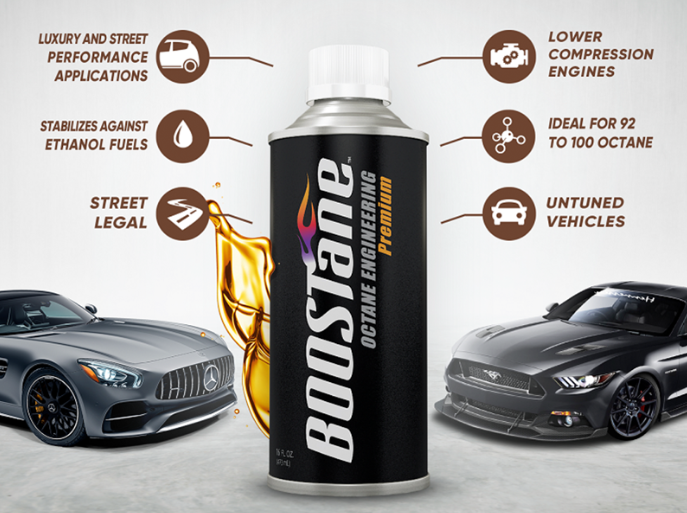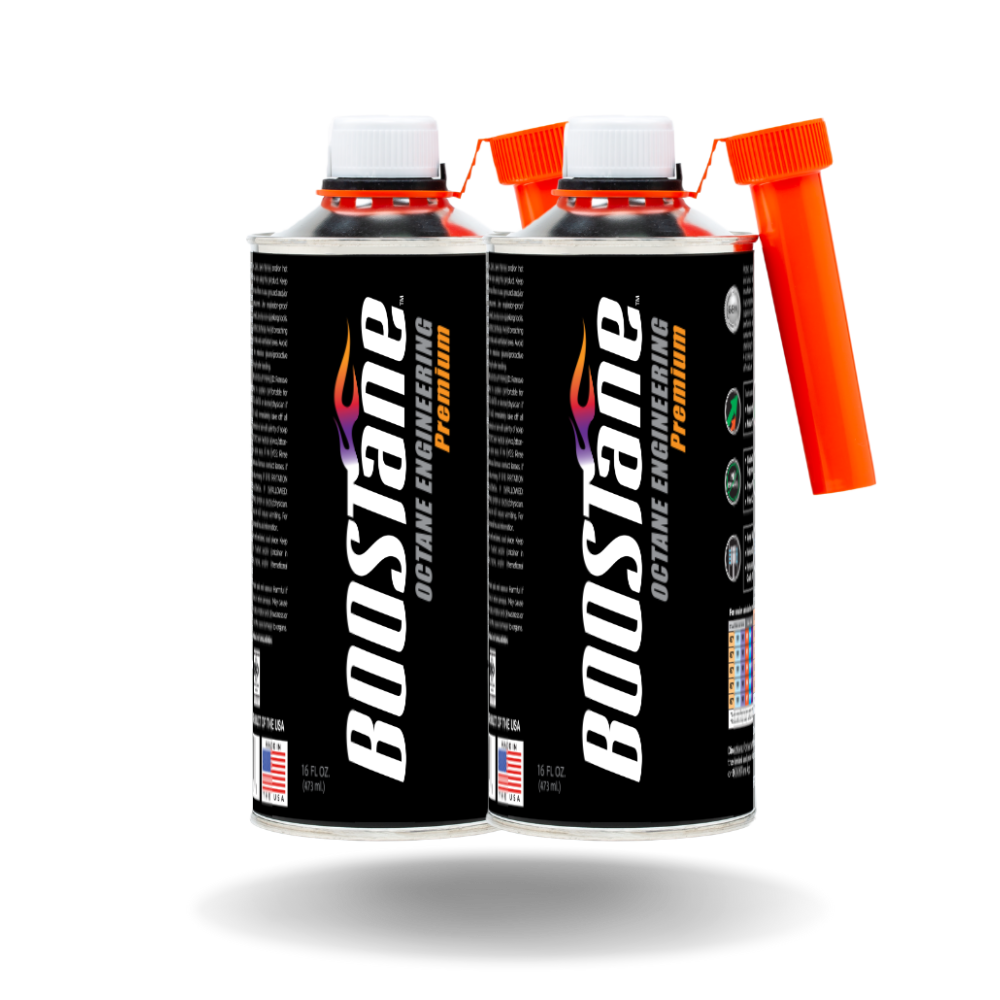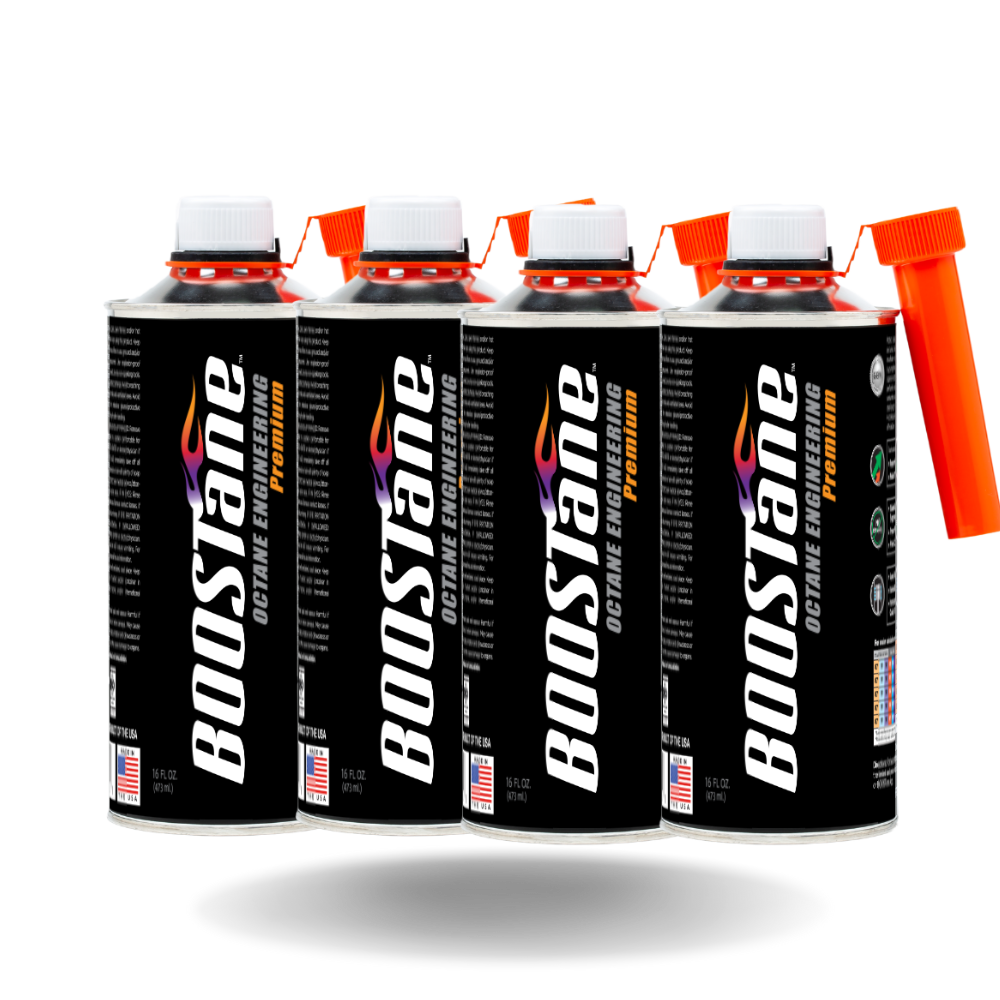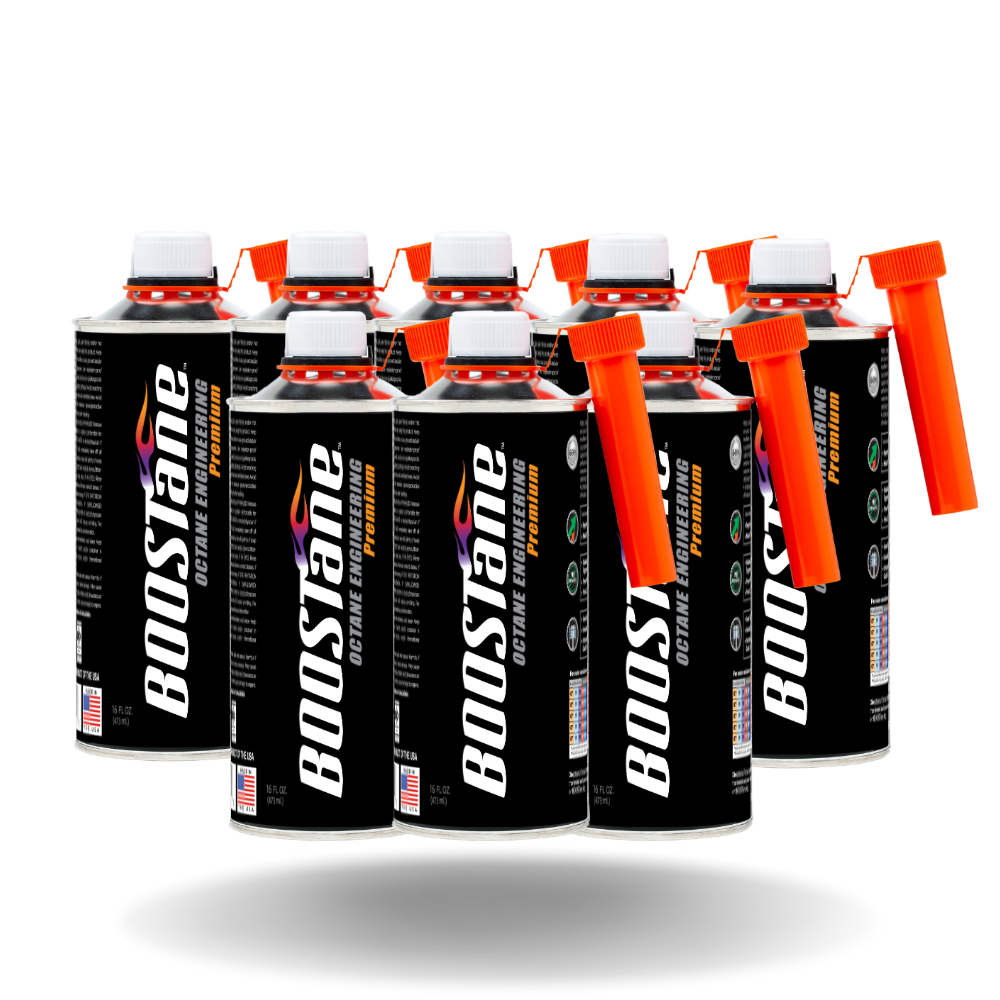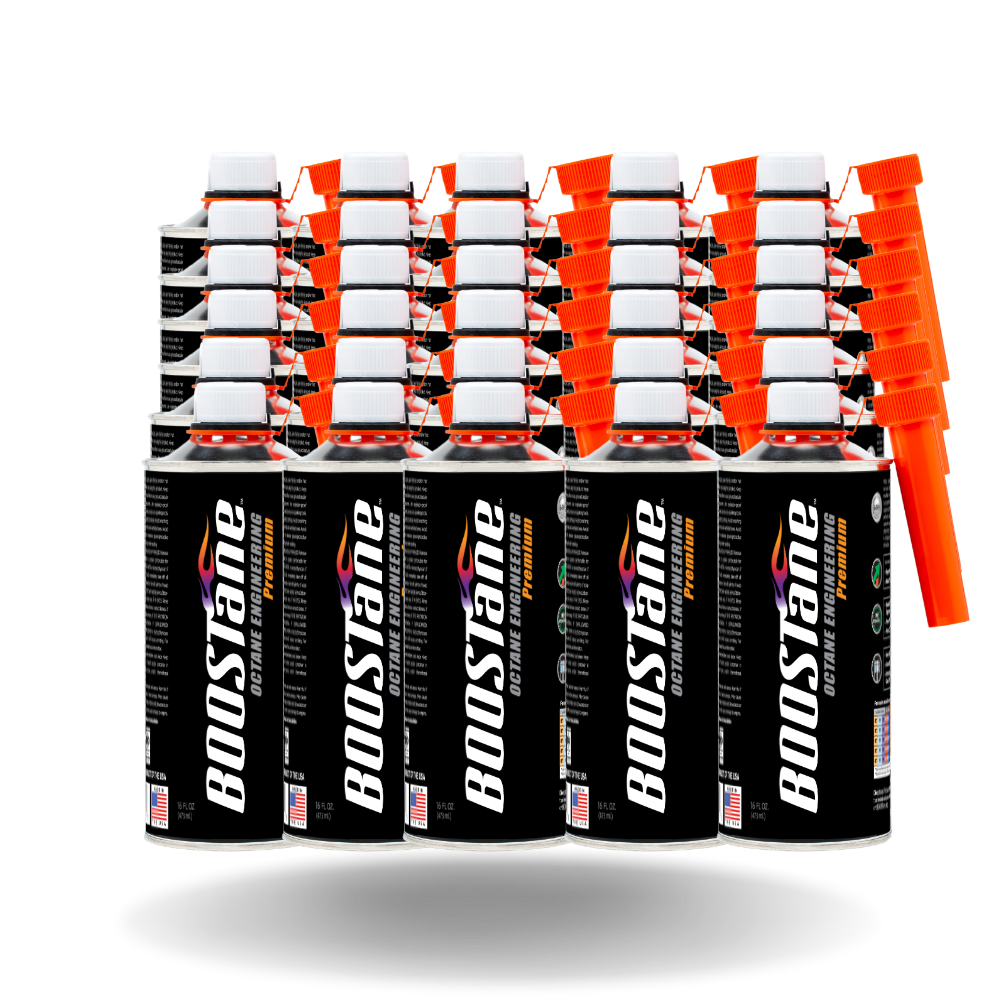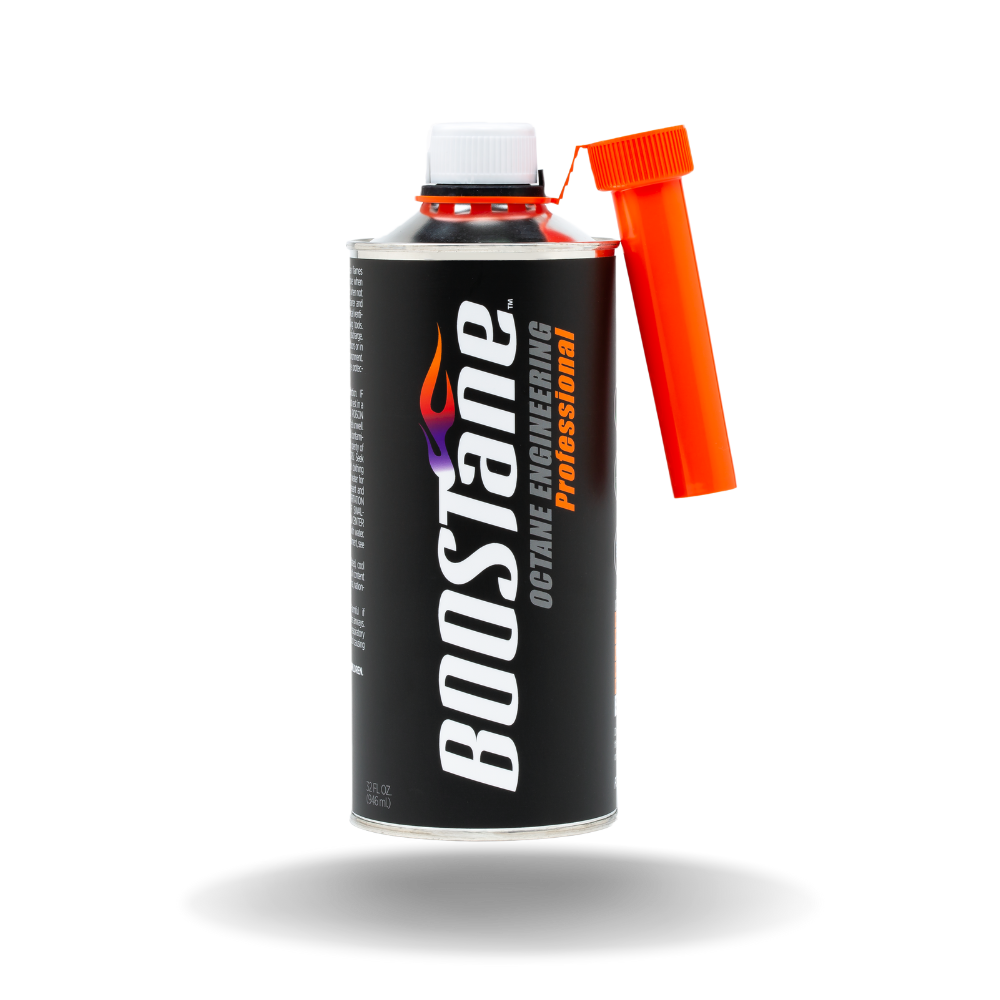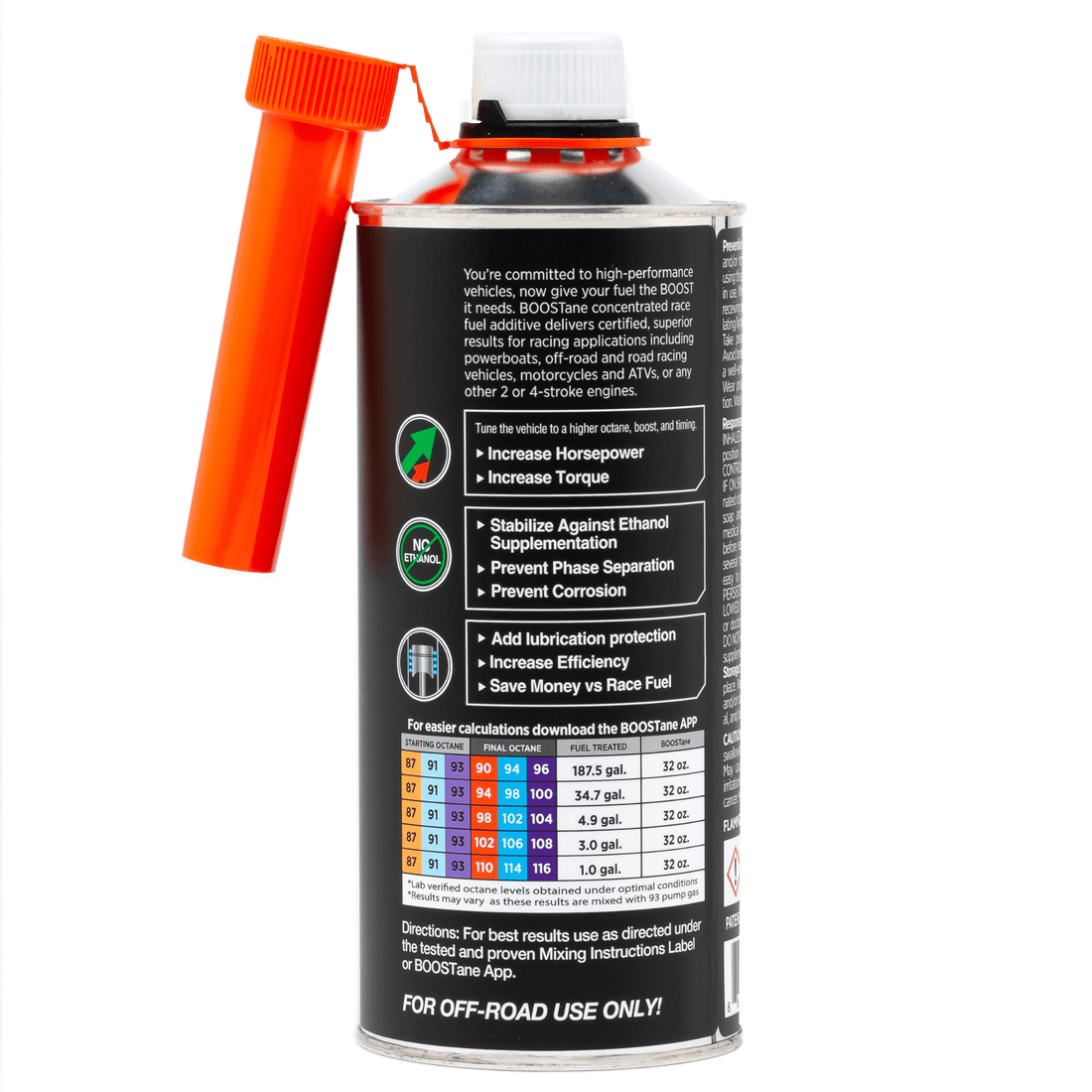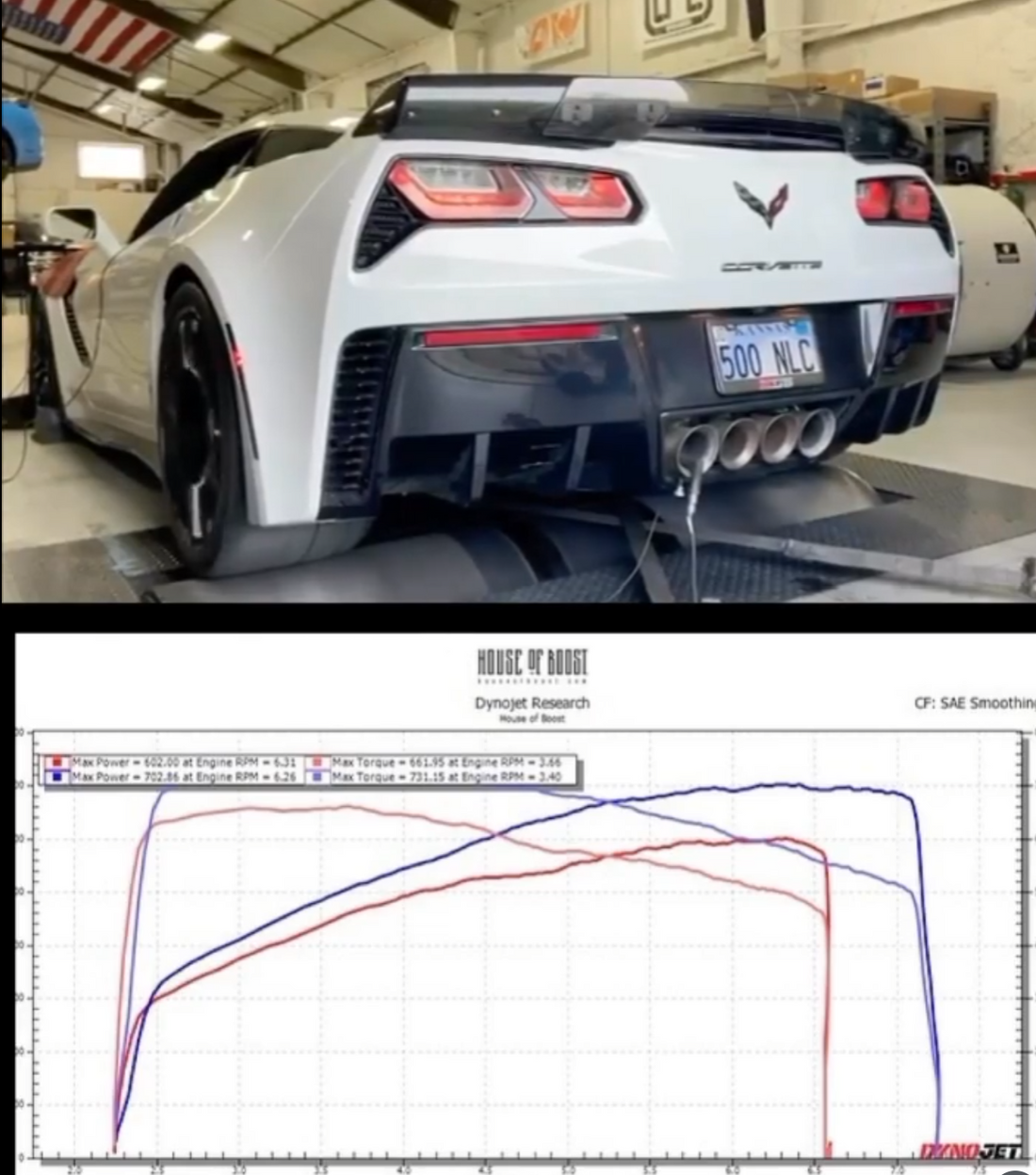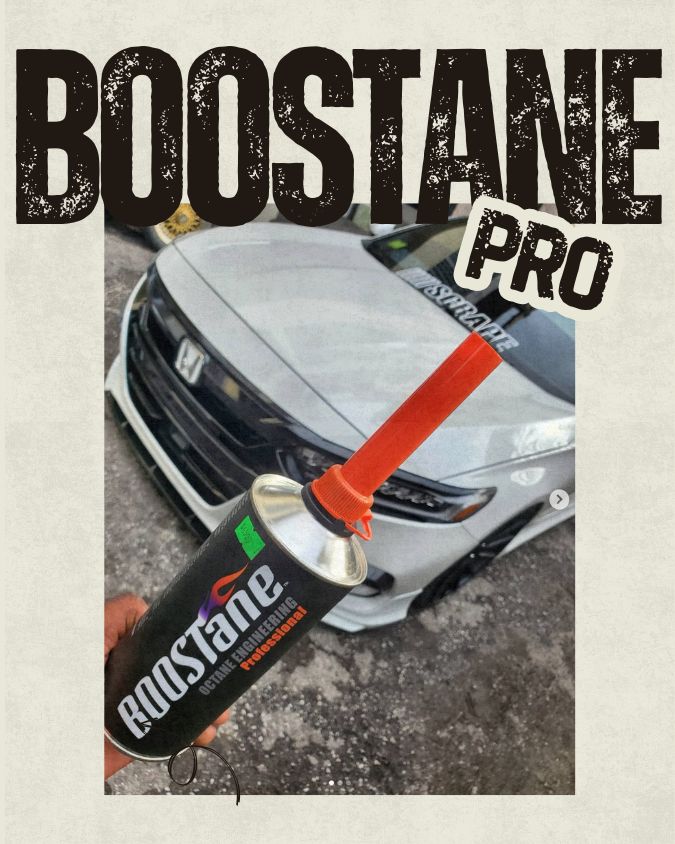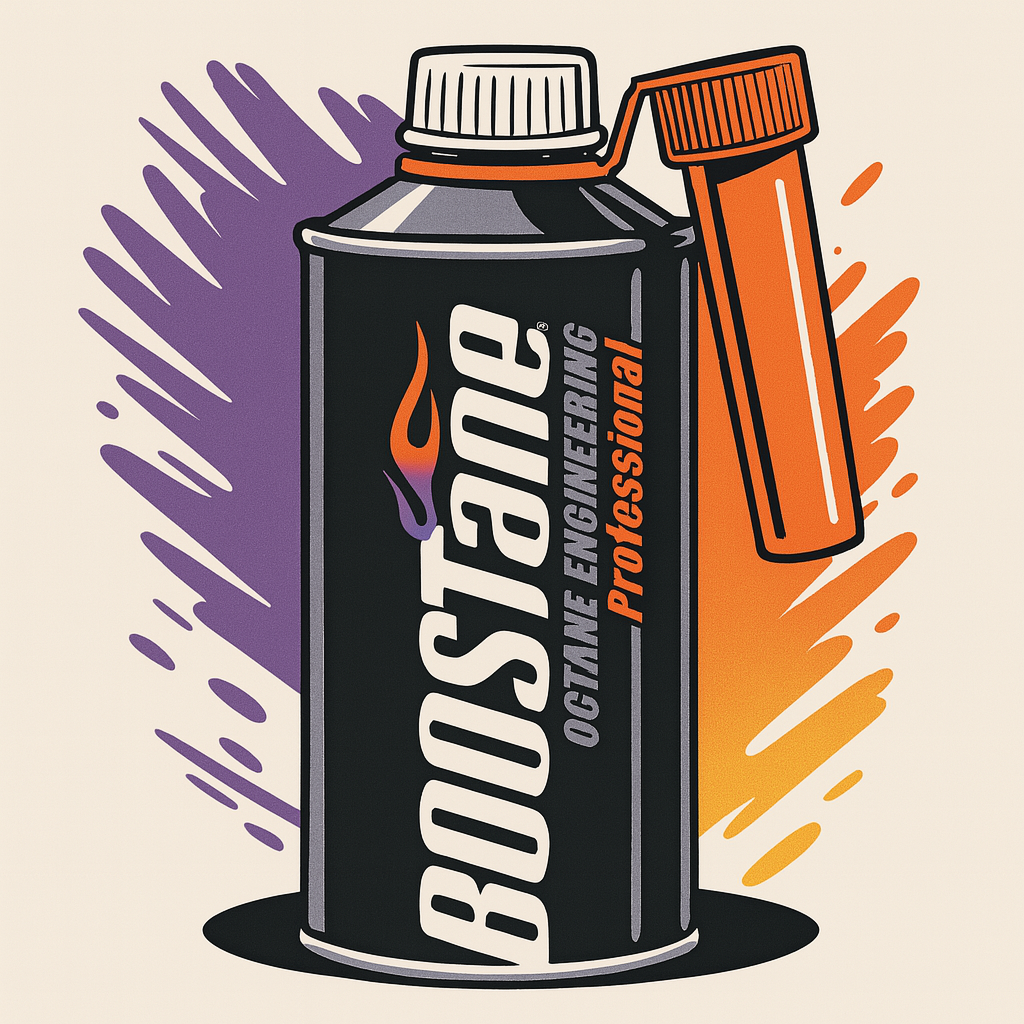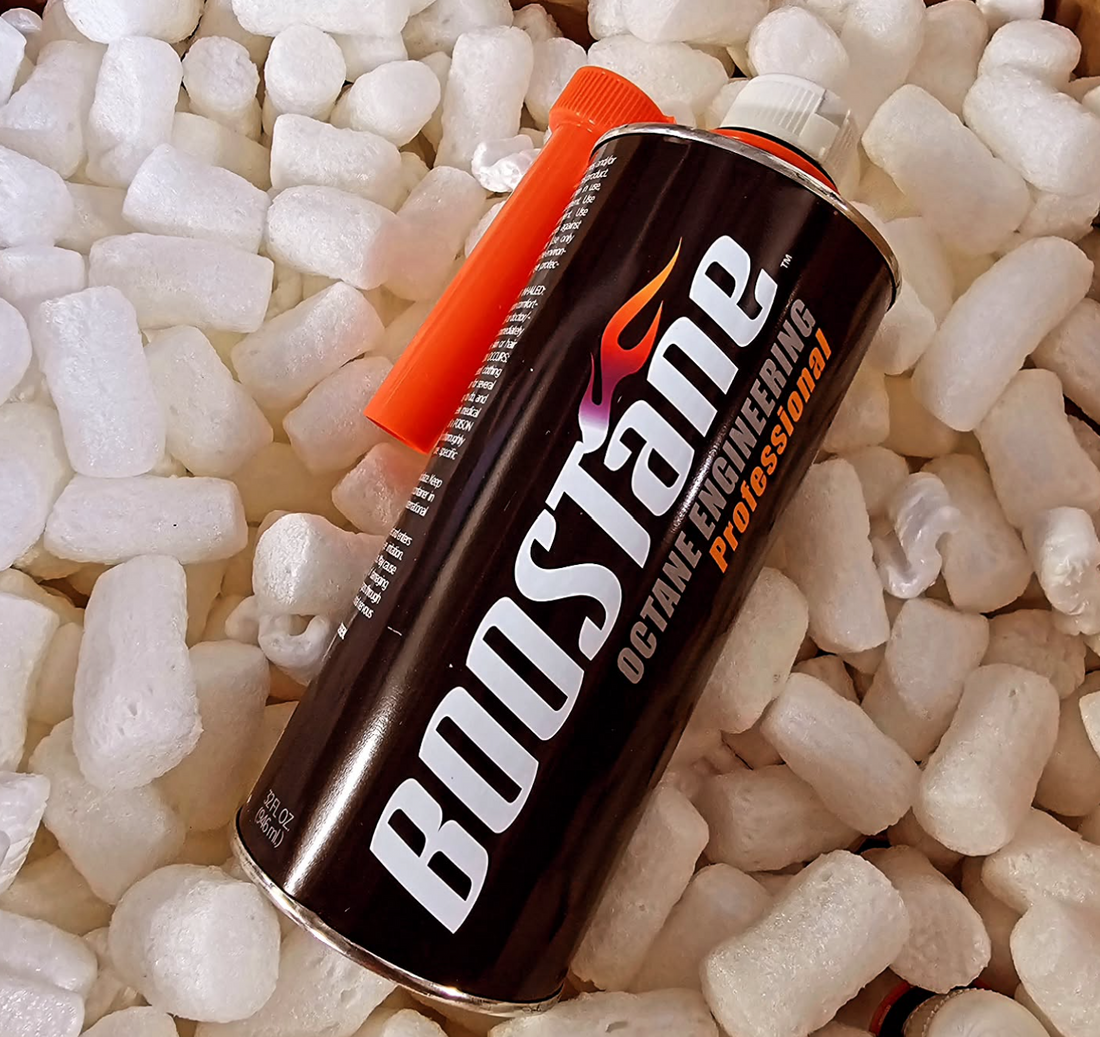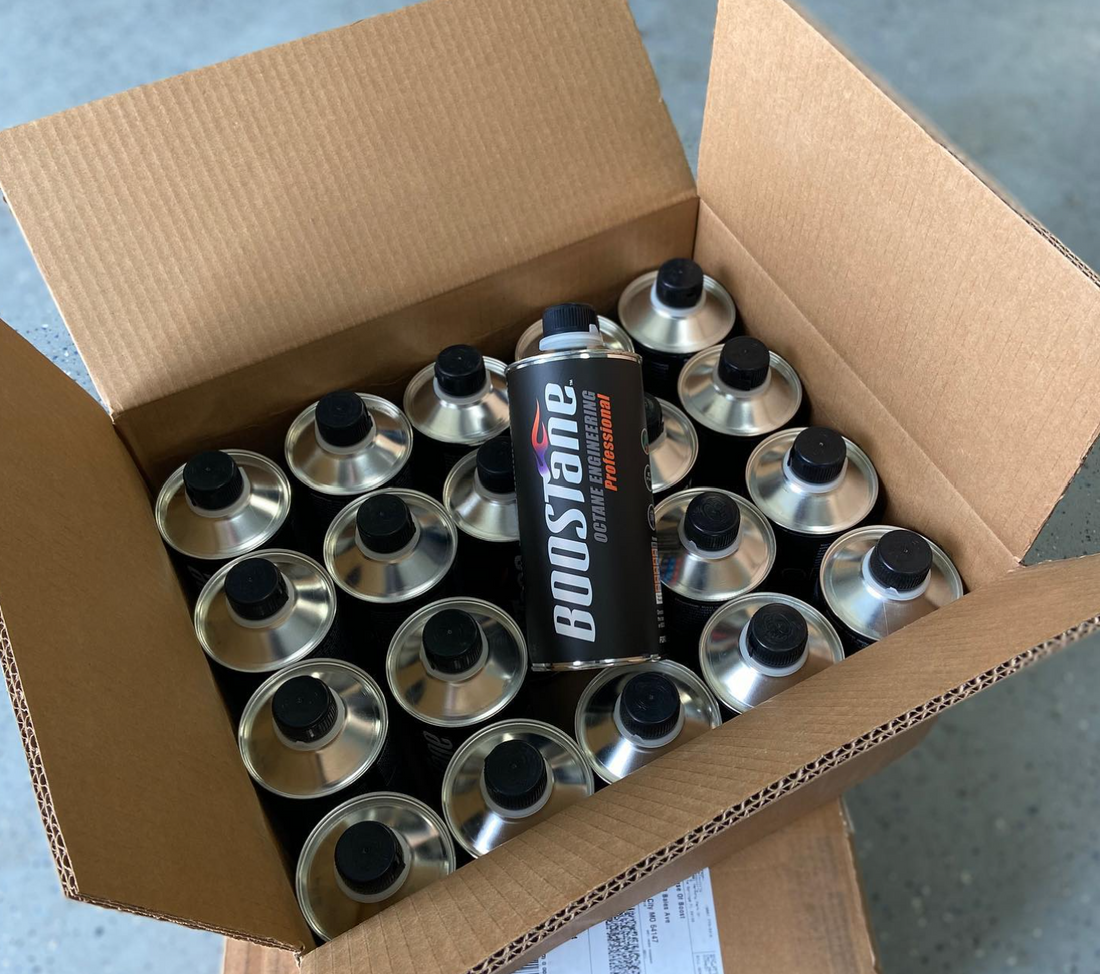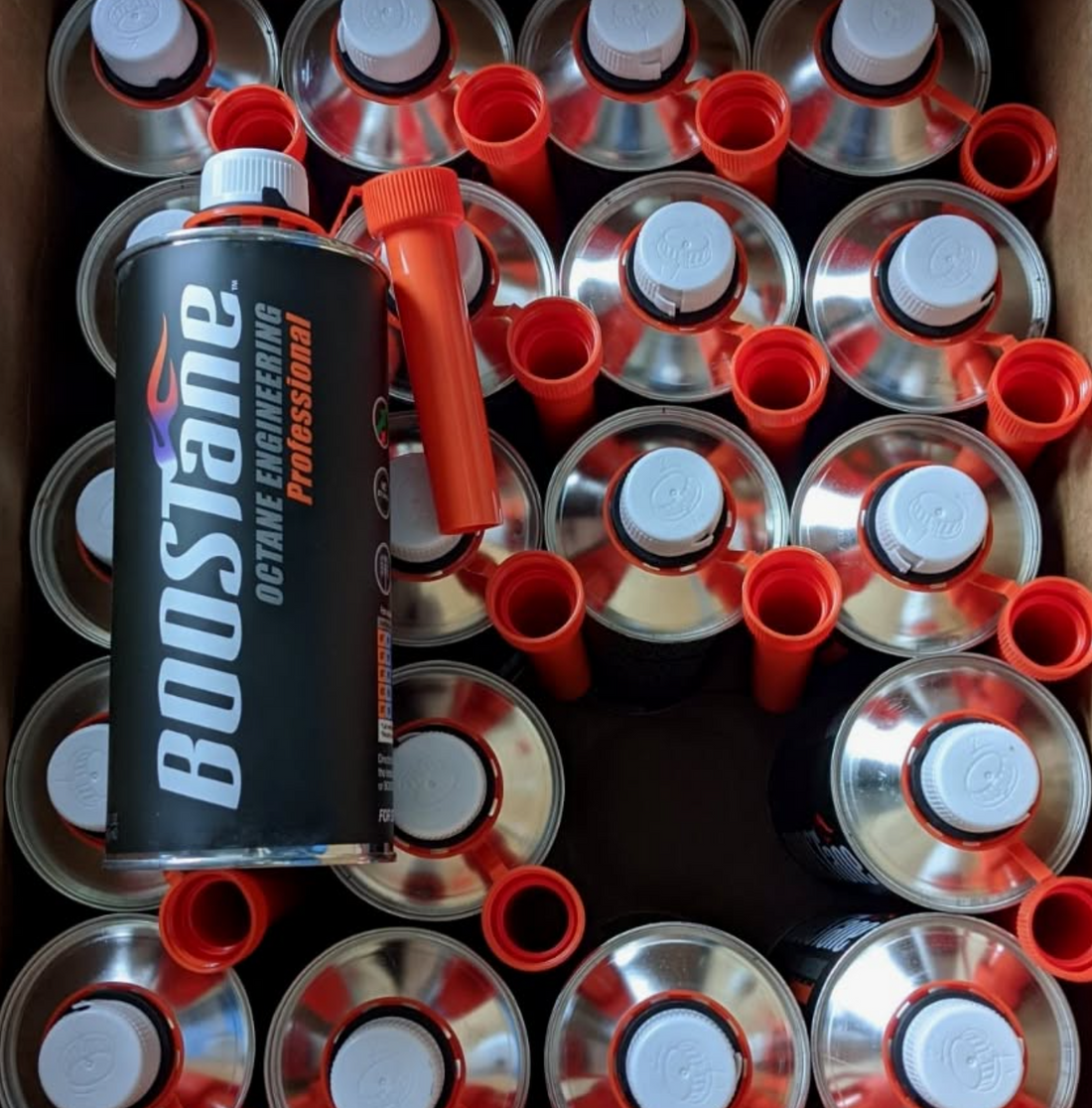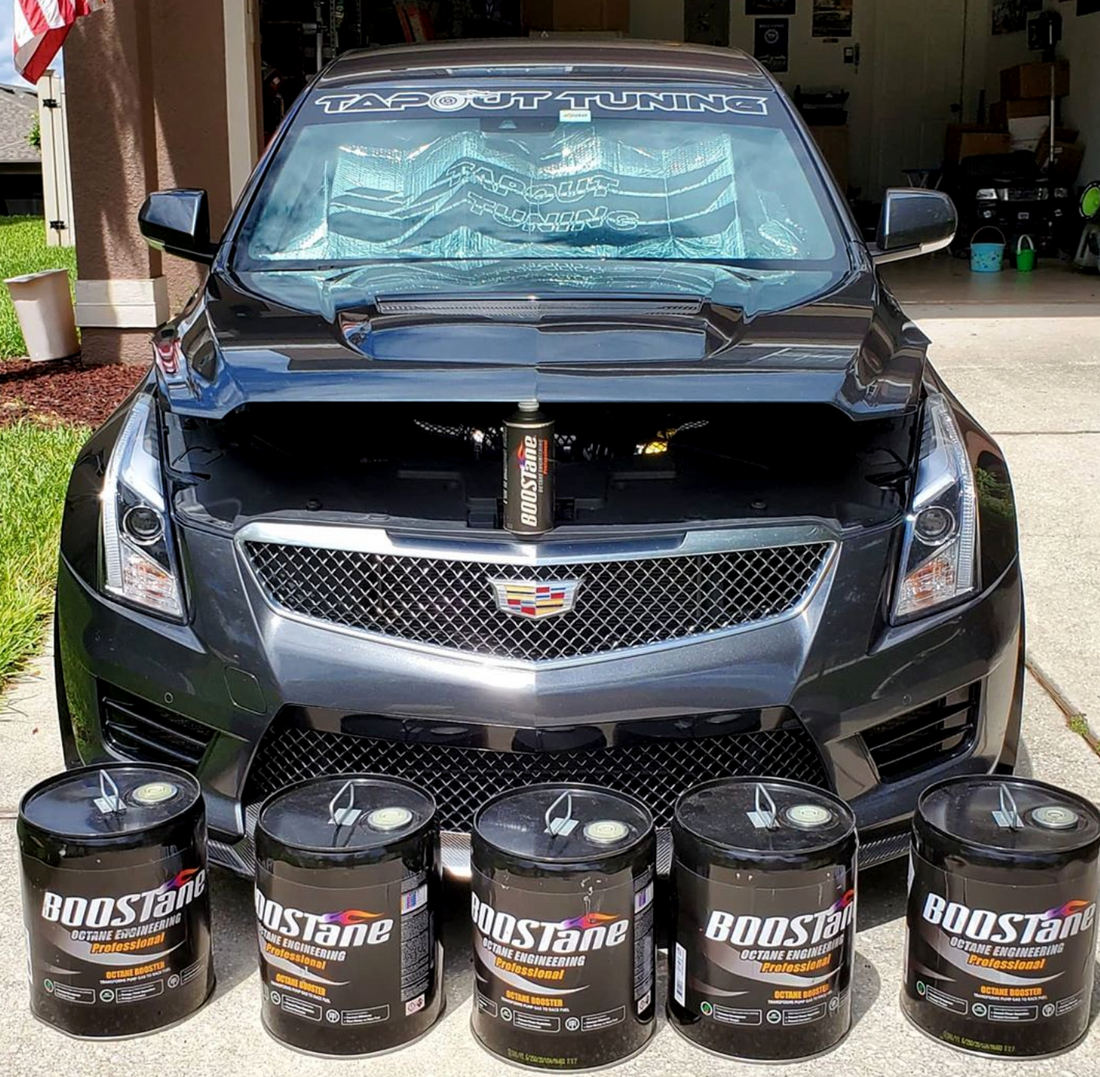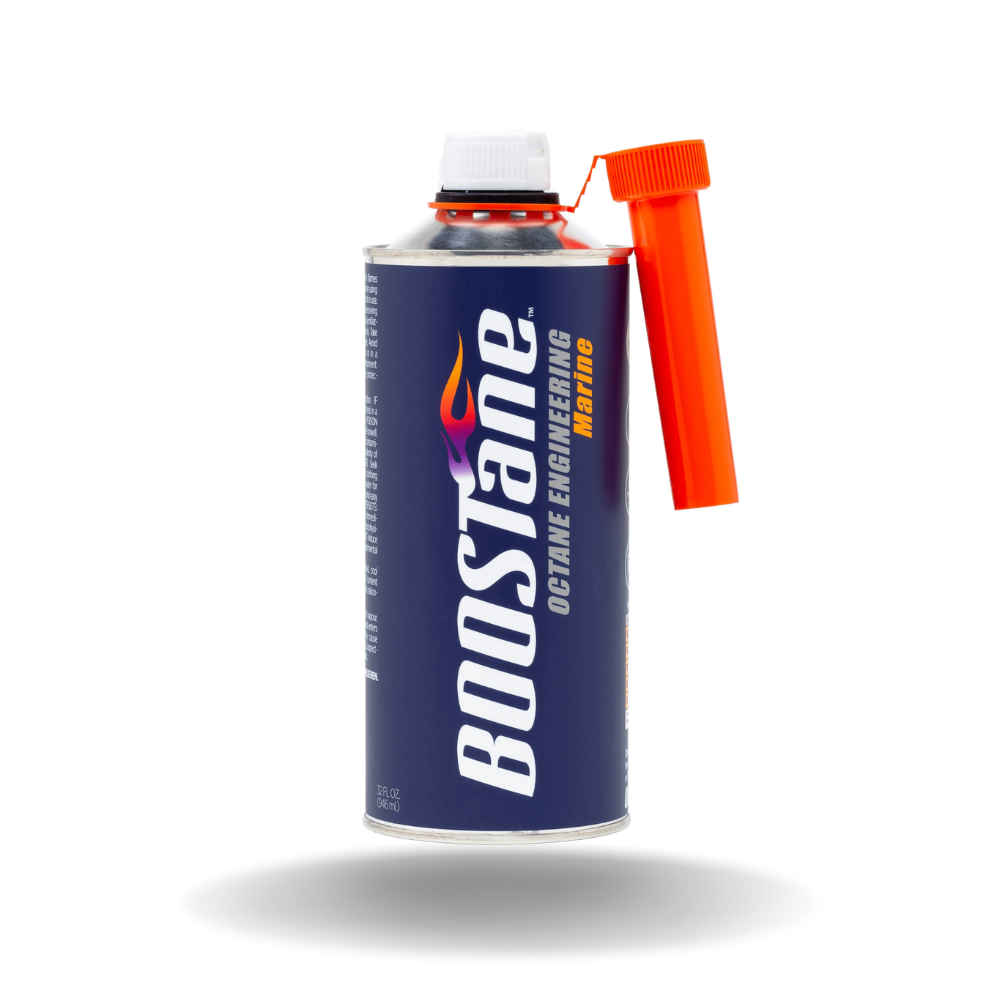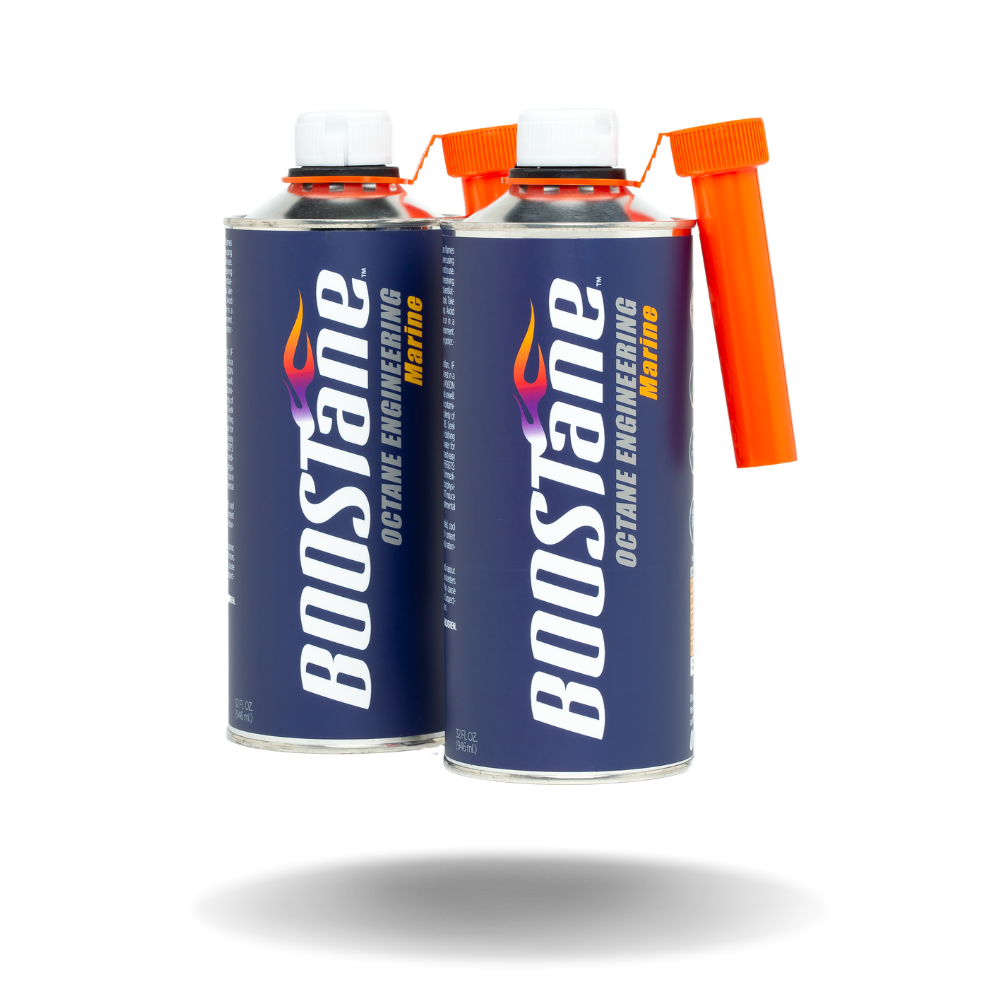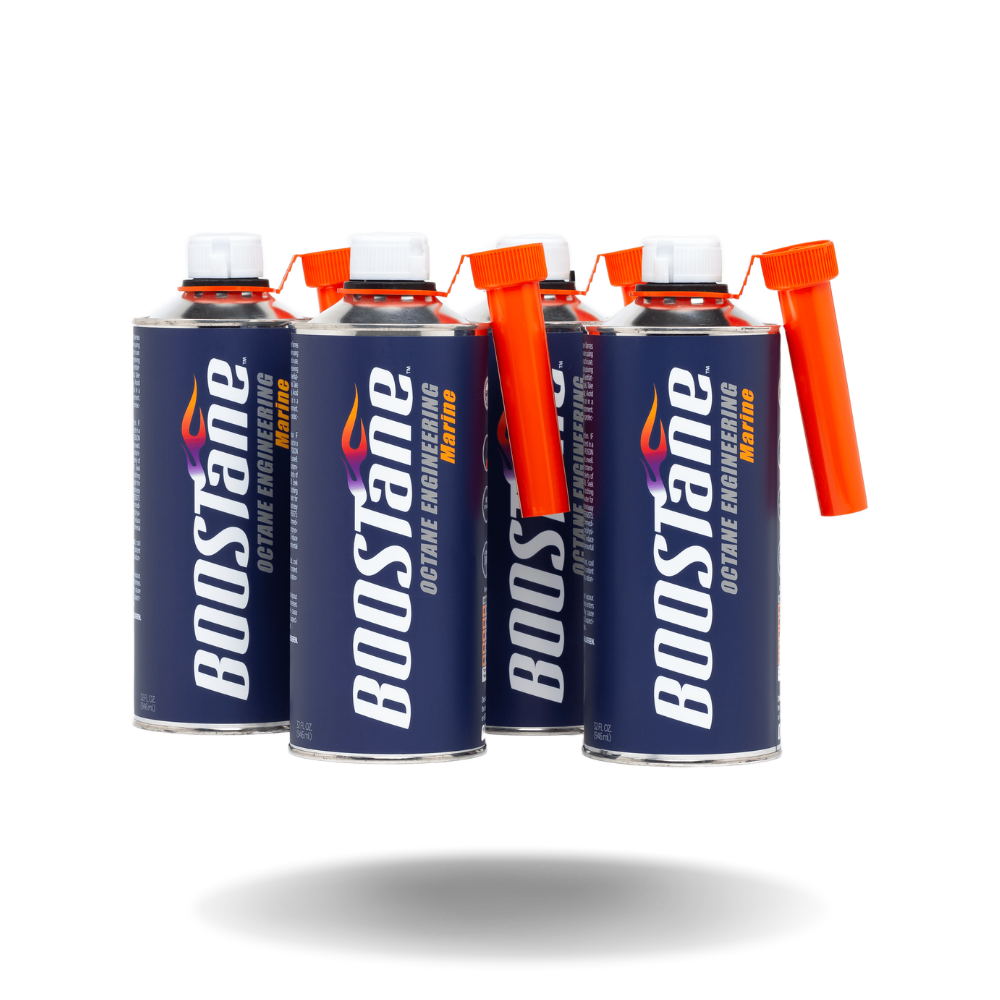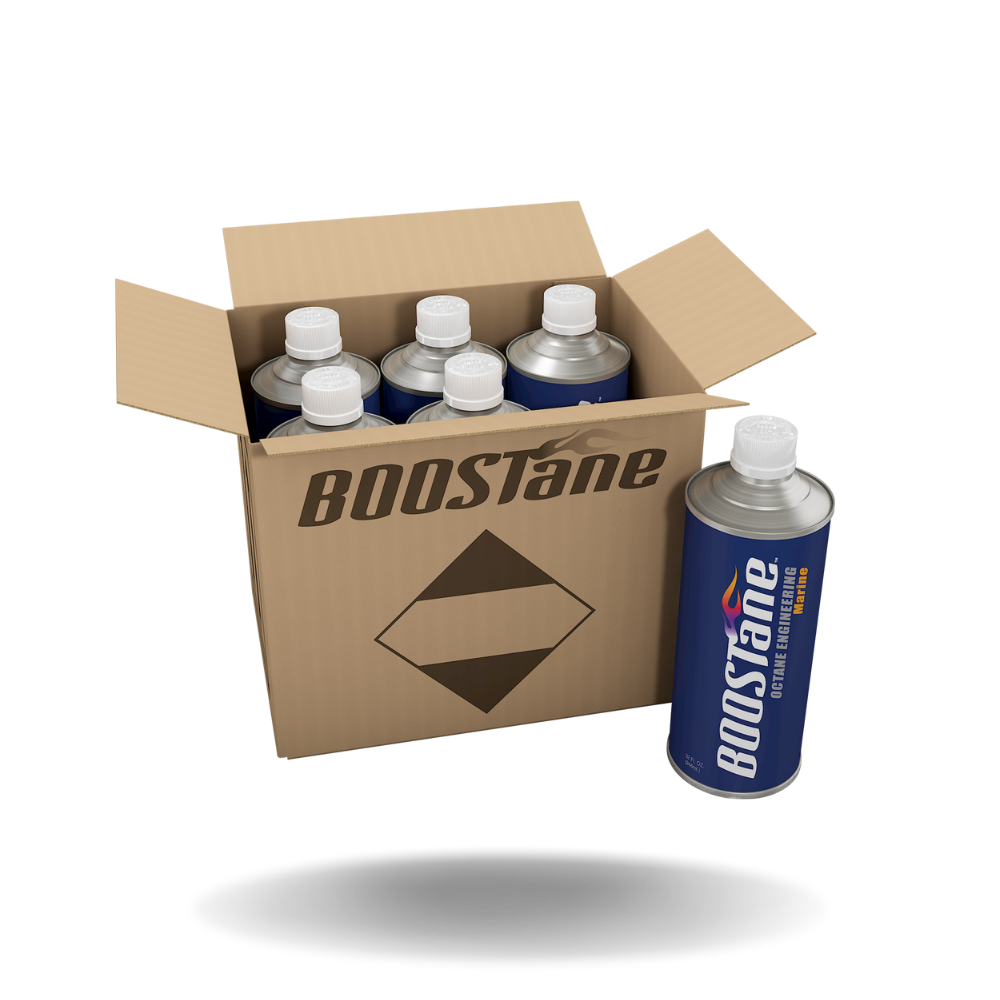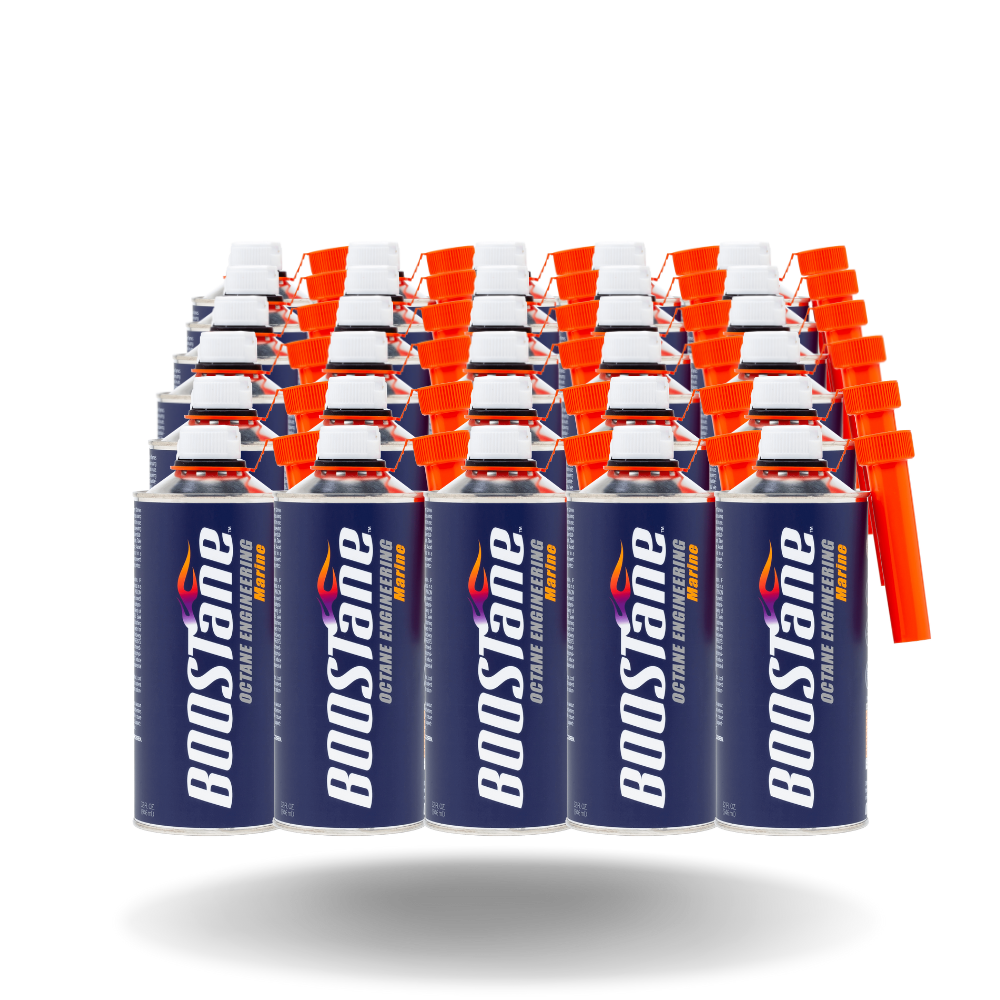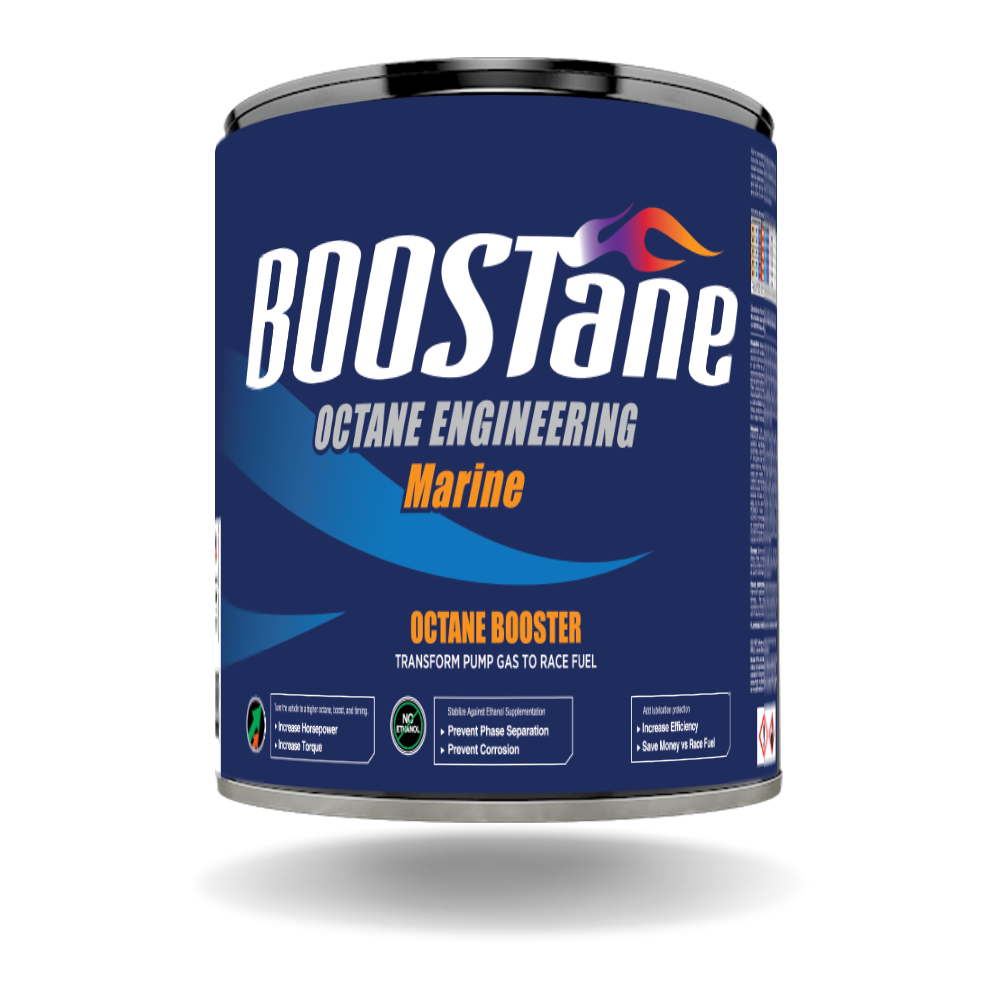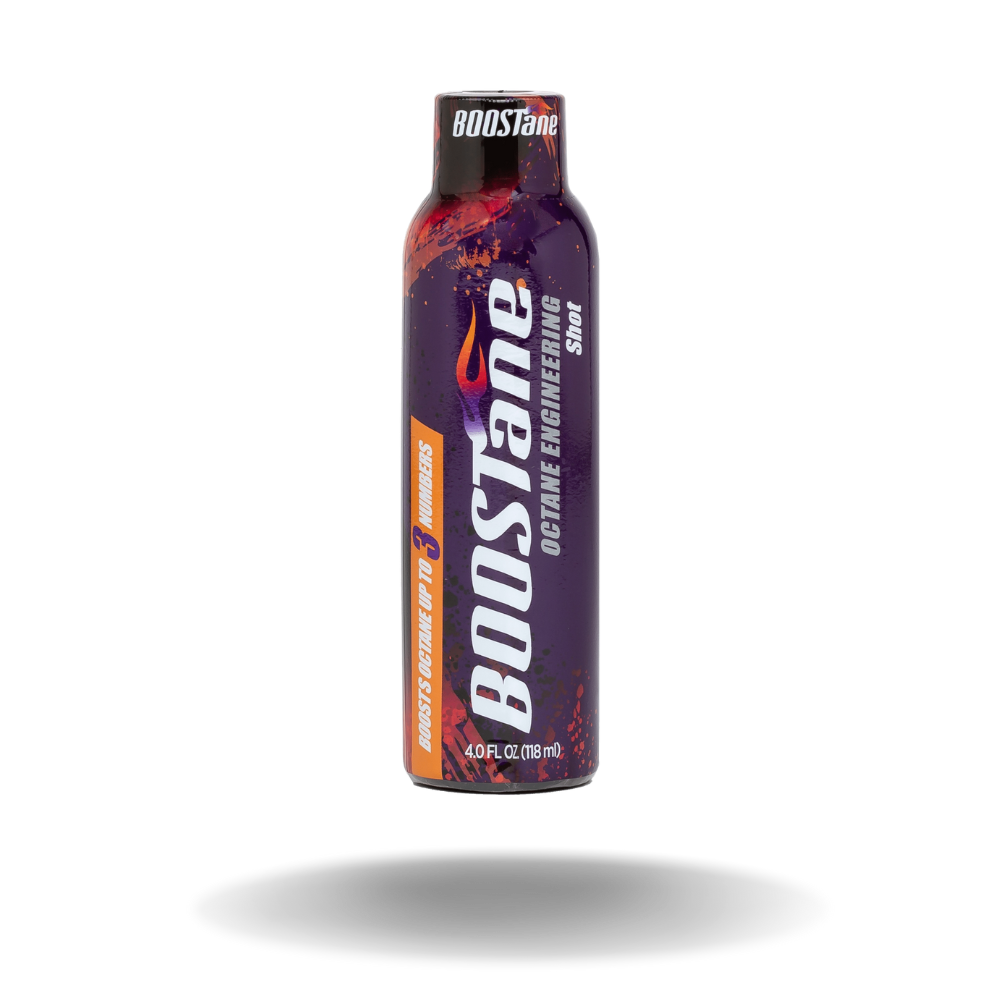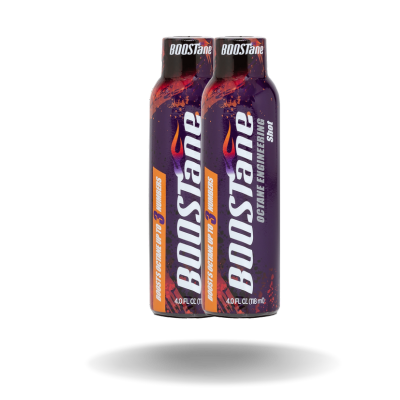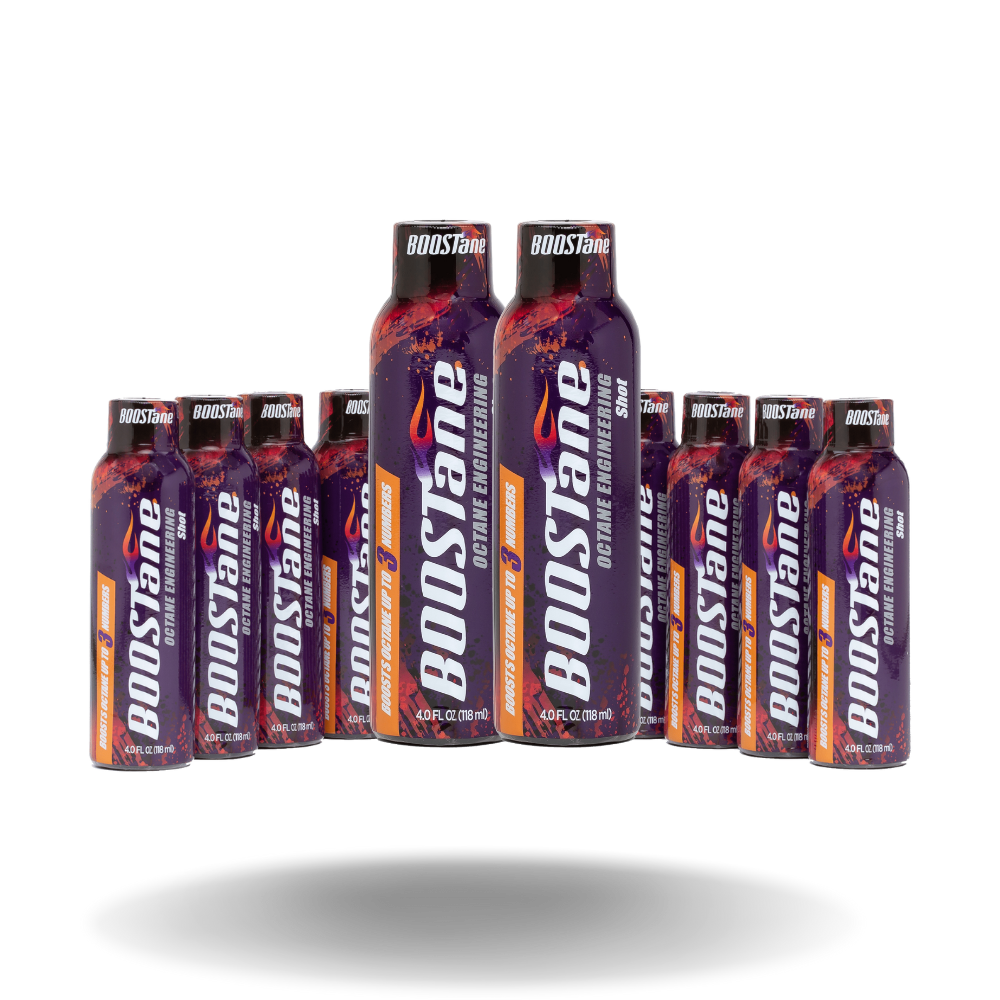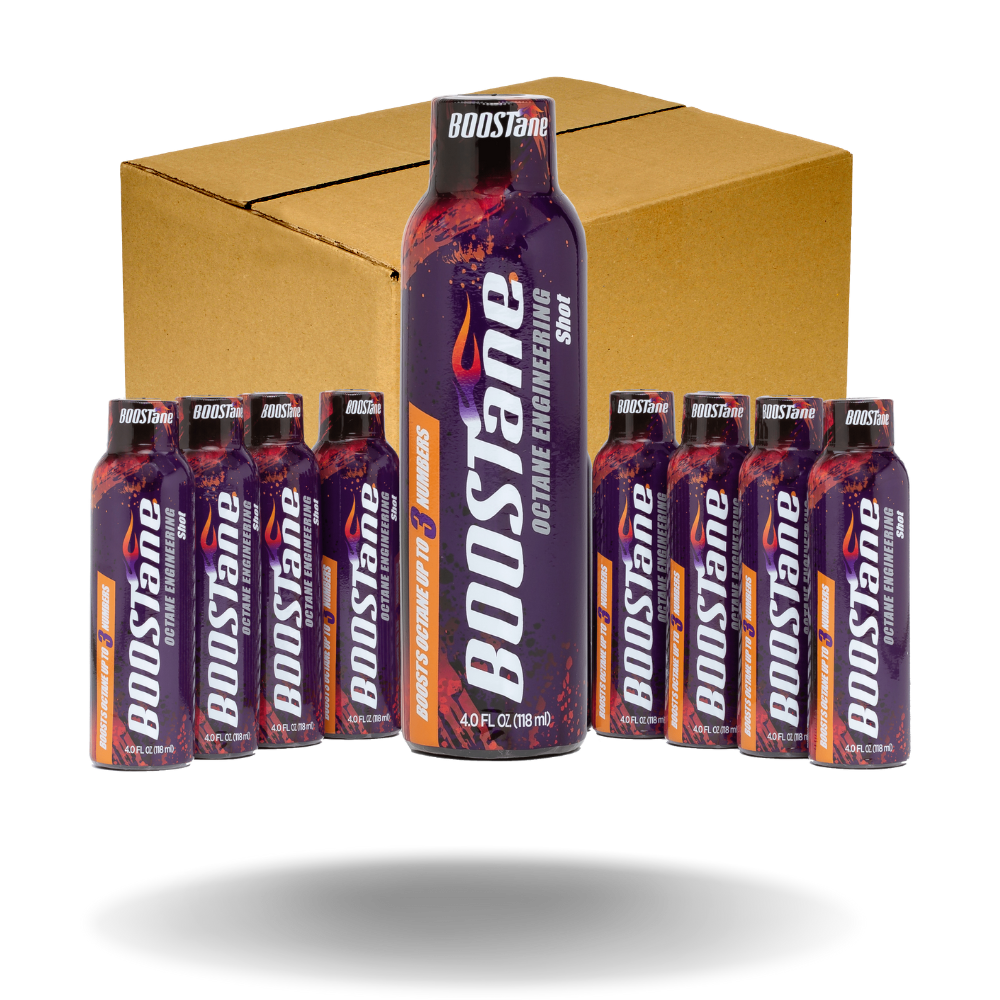Should You Use Diesel Additives? Everything You Need To Know
As a diesel owner, you might be curious about whether diesel additives are necessary or worth using for your engine. Diesel engines are known for their durability and fuel efficiency, but they can still face challenges that affect performance and longevity. Diesel additives are formulated to address these issues, but are they worth the investment? Let’s explore what diesel additives are, their potential benefits, and considerations for using them in your vehicle.
How Diesel Fuel Additives Work
Diesel additives are specialized chemicals added to diesel fuel to enhance various aspects of its performance. These additives are formulated to tackle common problems associated with diesel engines and fuel systems. They come in different types, each designed to address specific issues such as fuel stability, engine cleanliness, emissions reduction, and more
By integrating these additives into your fuel, you can potentially enhance the overall efficiency and longevity of your diesel engine. Here are some common types of diesel additives:
- Cetane Boosters: Improve the cetane number of diesel fuel, enhancing combustion quality and engine performance.
- Fuel Stabilizers: Prevent the formation of gums, varnishes, and sediments in diesel fuel, keeping it fresh over time.
- Anti-Gel Additives: Prevent diesel fuel from gelling in cold temperatures, ensuring smooth engine operation in winter.
- Lubricity Enhancers: Improve the lubricating properties of diesel fuel, reducing friction and wear in the engine.
- Detergents: Clean and prevent deposits in fuel injectors and combustion chambers, maintaining engine cleanliness.
- Water Dispersants: Help separate and remove water from diesel fuel, protecting the fuel system from corrosion and microbial growth.
Benefits of Using Diesel Additives
- Fuel Stability: Diesel fuel can degrade over time, forming gums and sediments. Additives help maintain fuel stability, preventing these issues and ensuring the fuel remains effective.
- Engine Performance: Additives can improve the cetane number, a measure of fuel combustion quality. Higher cetane numbers can lead to better engine performance and easier cold starts.
- Fuel Economy: Some additives enhance the lubricity of diesel fuel, reducing friction in the engine. This can improve fuel efficiency and provide better mileage.
- Emissions Reduction: Additives can help reduce harmful emissions, such as particulate matter and nitrogen oxides, which is beneficial for the environment and regulatory compliance.
- Cleanliness: Diesel engines can develop deposits in fuel injectors and combustion chambers. Additives can clean these deposits and prevent new ones from forming, helping the engine run smoothly.
- Water Management: Diesel fuel can contain water, leading to microbial growth and corrosion. Additives help separate and remove water, protecting the engine and fuel system from damage.
Some Things To Consider
- Type of Vehicle: Consider the specific needs of your diesel vehicle. Older engines might benefit more from certain additives compared to newer models.
- Driving Conditions: If you frequently drive in extreme conditions, such as very cold weather or dusty environments, additives might be more beneficial.
- Manufacturer Recommendations: Always check your vehicle manufacturer’s recommendations regarding diesel additives. Some manufacturers may advise against using certain types of additives.
Conclusion
Diesel additives can offer several benefits, including improved fuel stability, enhanced engine performance, better fuel economy, reduced emissions, engine cleanliness, and effective water management. Whether or not you should use them depends on your vehicle’s specific needs, driving conditions, and manufacturer recommendations. Assessing these factors will help you make an informed decision about using diesel additives in your vehicle.
Tags
diesel